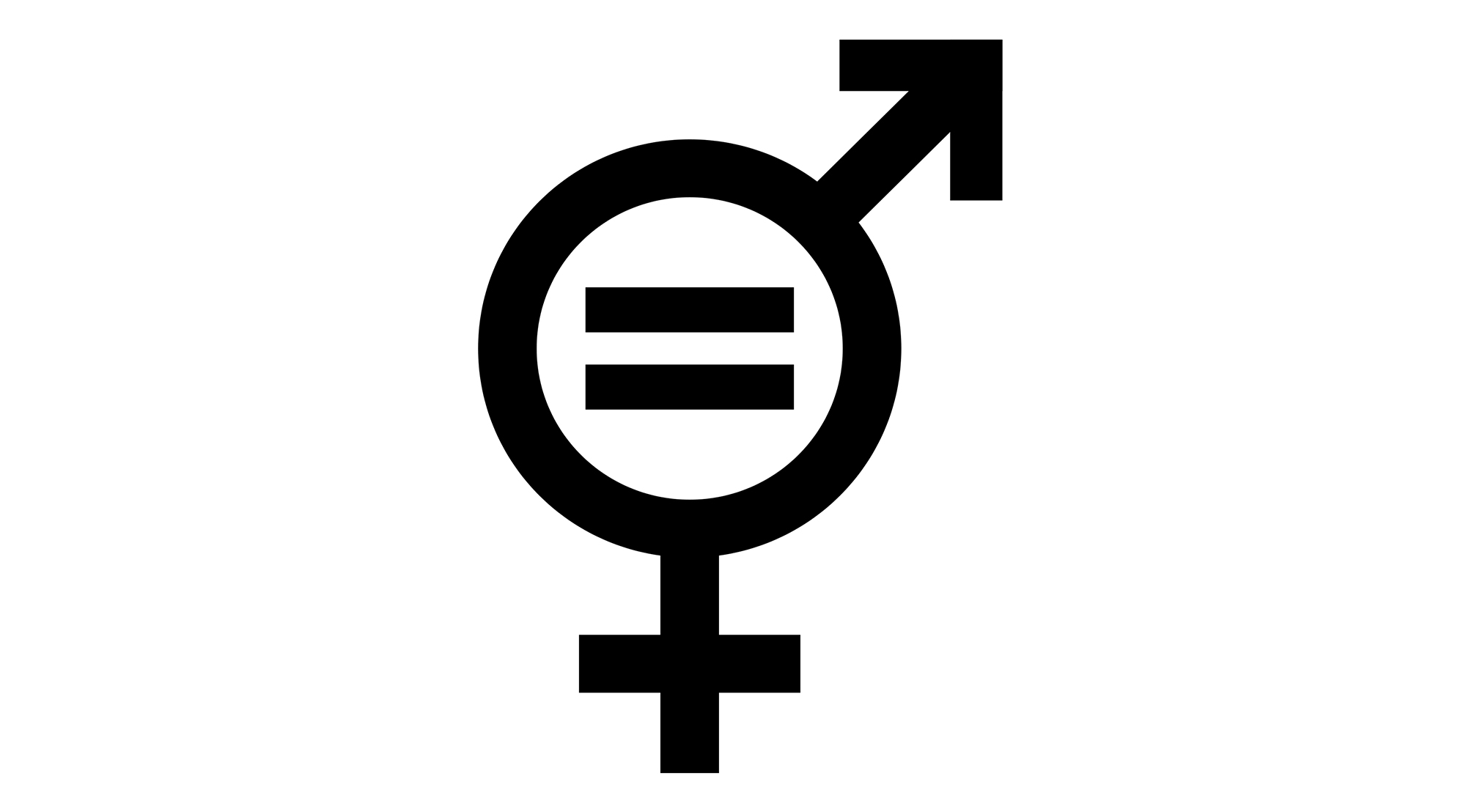Progress of equality is necessary for the progress of peace and human well-being. Among all sorts of equalities, gender equality has been a major concern for decades. Possible setbacks in the status of women are to be prevented and more needs to be done to achieve de facto as de jure equality. Nevertheless, as slow as it is, the process seems irreversible.
The answers to some of these slowness’ will be found in a more general progress of equality. Enlarging the prospects of reducing discriminations against women to a broader context offers the opportunity to see how reducing discriminations against other social groups will favour the status of women, thus guaranteeing integration and social cohesion and guaranteeing the fulfilment and universal realization of all fundamental rights for all.
The inclusion of young people, the elderly, people with disabilities, various social and minority groups, LGBTI people, all in their dignity and rights, in the processes of peace and decision-making of our humanity and of our communities, large and small, reinforces our infrastructures of peace and therefore the condition of women.
Gender equality must also allow men and women alike, individuals and institutions to reduce also discriminations against men. Responses to a shorter longevity, predominantly male criminalization (93% of men in Swiss prisons) and the decline in cultural or imposed learning of violence favour both the status of women and the overall quality of life.
APRED has been working on non-militarization and for countries without armies for soon two decades, including the issue of knowing whether the status of women is better in these totally demilitarized countries. More in-depth studies are still needed, but an overview analysis of Gender Specific Development Indexes suggests that the absence of an army in a country favours the progress of gender equality.


